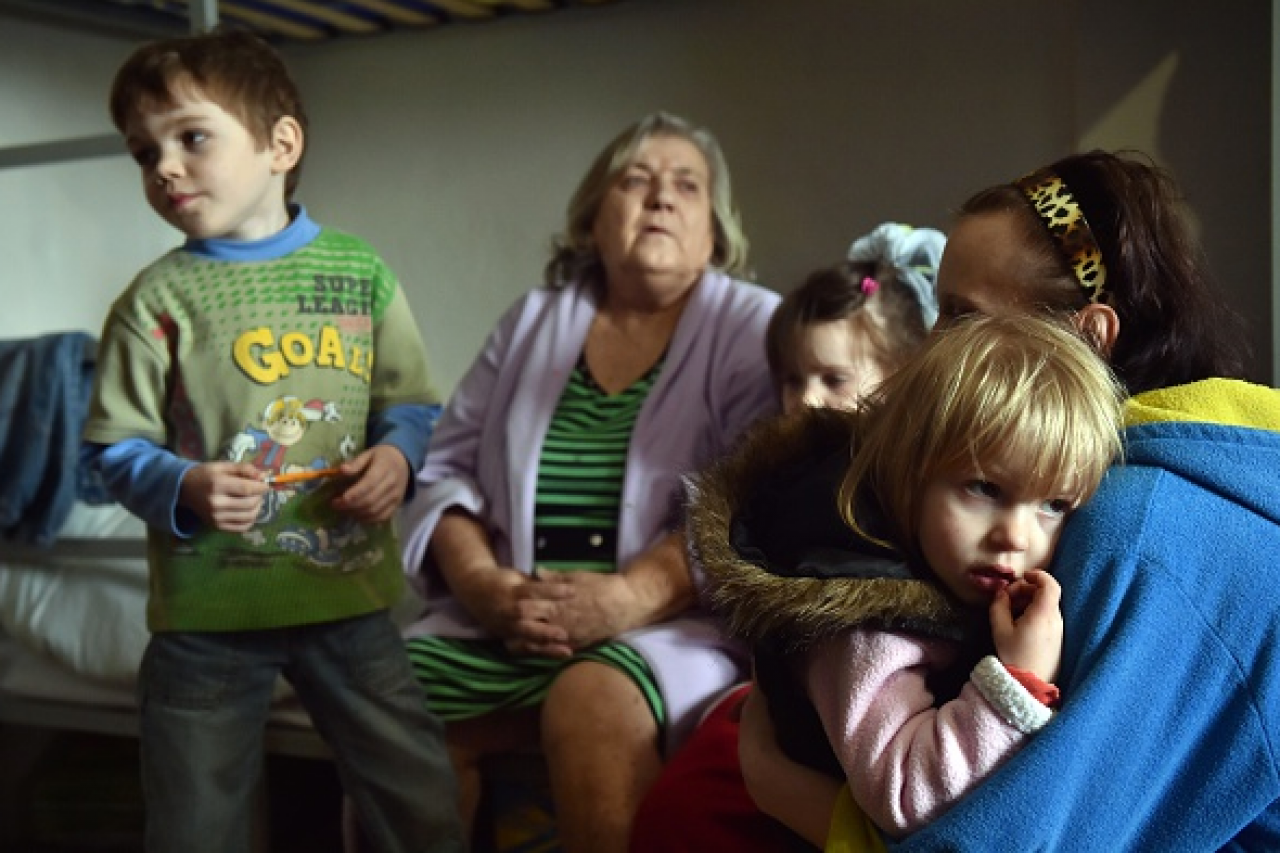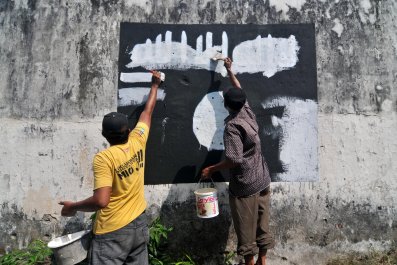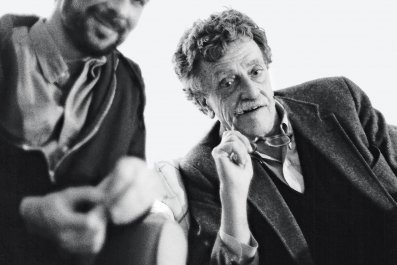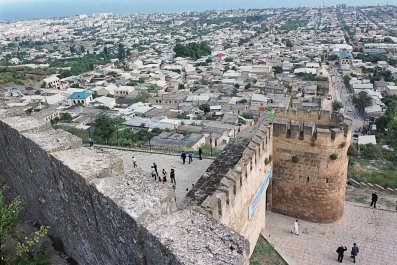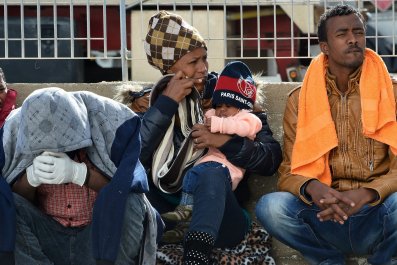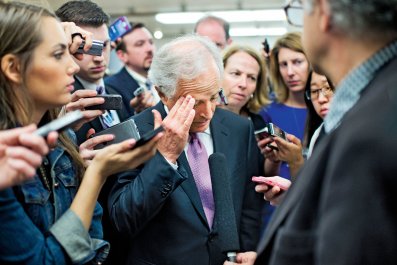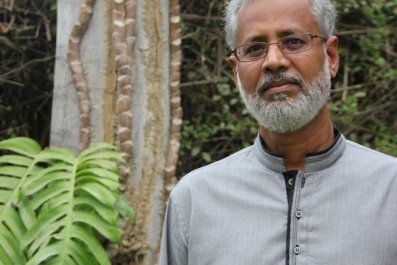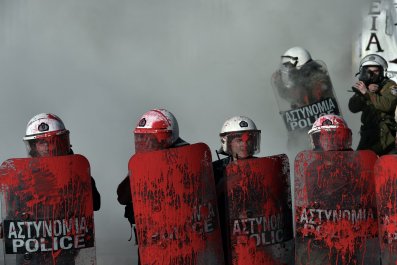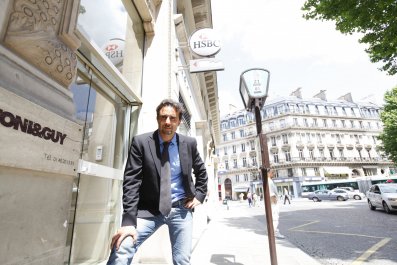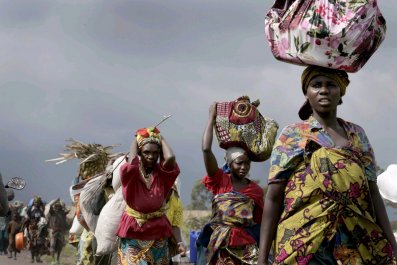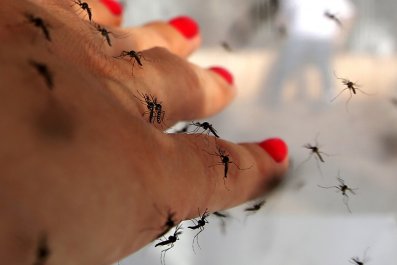Ukraine is in imminent danger of experiencing the first polio epidemic Europe has seen for decades, health experts have revealed, warning that millions of children are at risk from a range of crippling or fatal infectious diseases, including measles, diphtheria and rubella.
The rate of protection against contagious disease in the country has dropped rapidly since 2008, when a 16-year-old boy died days after he was given a shot against measles and rubella, leading to a media storm.
Although the United Nations concluded that the death was unrelated to the vaccine, demand for vaccines fell dramatically to what the UN describes today as "zero coverage". With an average of 500,000 children born each year in Ukraine, the number of infants vulnerable to infection is approaching three million.
Now the risk has been exacerbated by the conflict raging in the east of the country, which has driven hundreds of thousands of refugees into crowded camps and shelters where diseases can spread rapidly.
"Countries in conflict or financial crisis are usually the ones that fall prey to these types of epidemics," Dorit Nitzan, head of the UN World Health Organisation mission in Ukraine, explains. "It is a terrible, terrible situation. We are totally in fear of an outbreak. I'm surprised it hasn't happened yet."
Nitzan's team in Ukraine have already had one scare. A handful of civilians fleeing the fighting in eastern Ukraine came to a WHO clinic with high fever, rashes and red eyes in the last week of March, leading to UN doctors sounding the alarm about a possible measles outbreak.
Patients were isolated and health workers raced to retrace their movements to discover who else may have been exposed, before the laboratory results came back negative.
UN humanitarian aid is propping up Ukraine's crumbling primary care system in government-held territory, but east of the conflict line, the situation is far worse.
Government restrictions and security concerns prevent UN aid crossing the front line, with only three UN humanitarian aid convoys dispatched to rebel-held territories since the conflict began. The WHO has also yet to persuade the rebels to allow them to treat patients.
"We're negotiating how and when [the next convoy] will be done and through which checkpoints it will be sent," says Dr Ogtay Gozalov, who leads the WHO's mobile teams in eastern Ukraine. "We can't send the convoys unless both sides agree."
Hundreds of thousands of vaccines are en route from Canada and expected to arrive in the next fortnight, but Nitzan warns they won't cover all the country's needs.
The UN says that Ukraine urgently needs more international medical support if it is to prevent an outbreak, one which could have far-reaching consequences for a Europe increasingly complacent about preventable diseases.
"In many countries where parents were not exposed to polio and other diseases in their youth they feel safe," Nitzan adds. "Without the vaccines it's clear that we will have outbreaks."
The Ukrainian Health Ministry played down the problem, saying it had a vaccination programme but required international support. The ministry declined to comment further.



